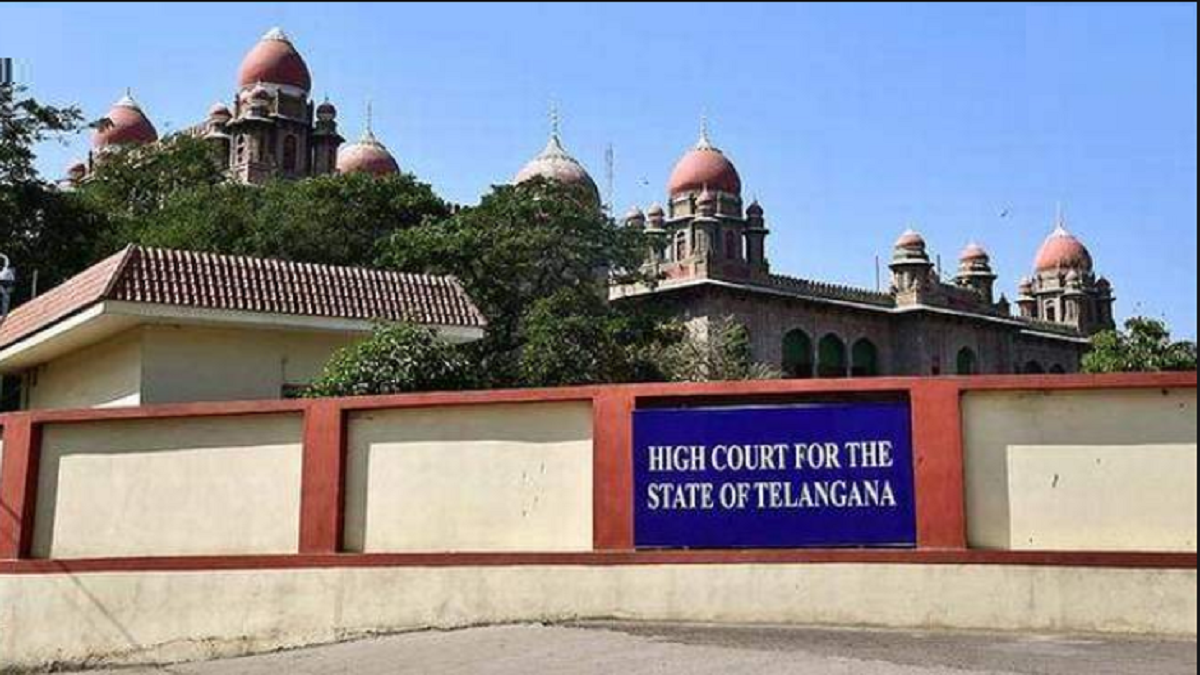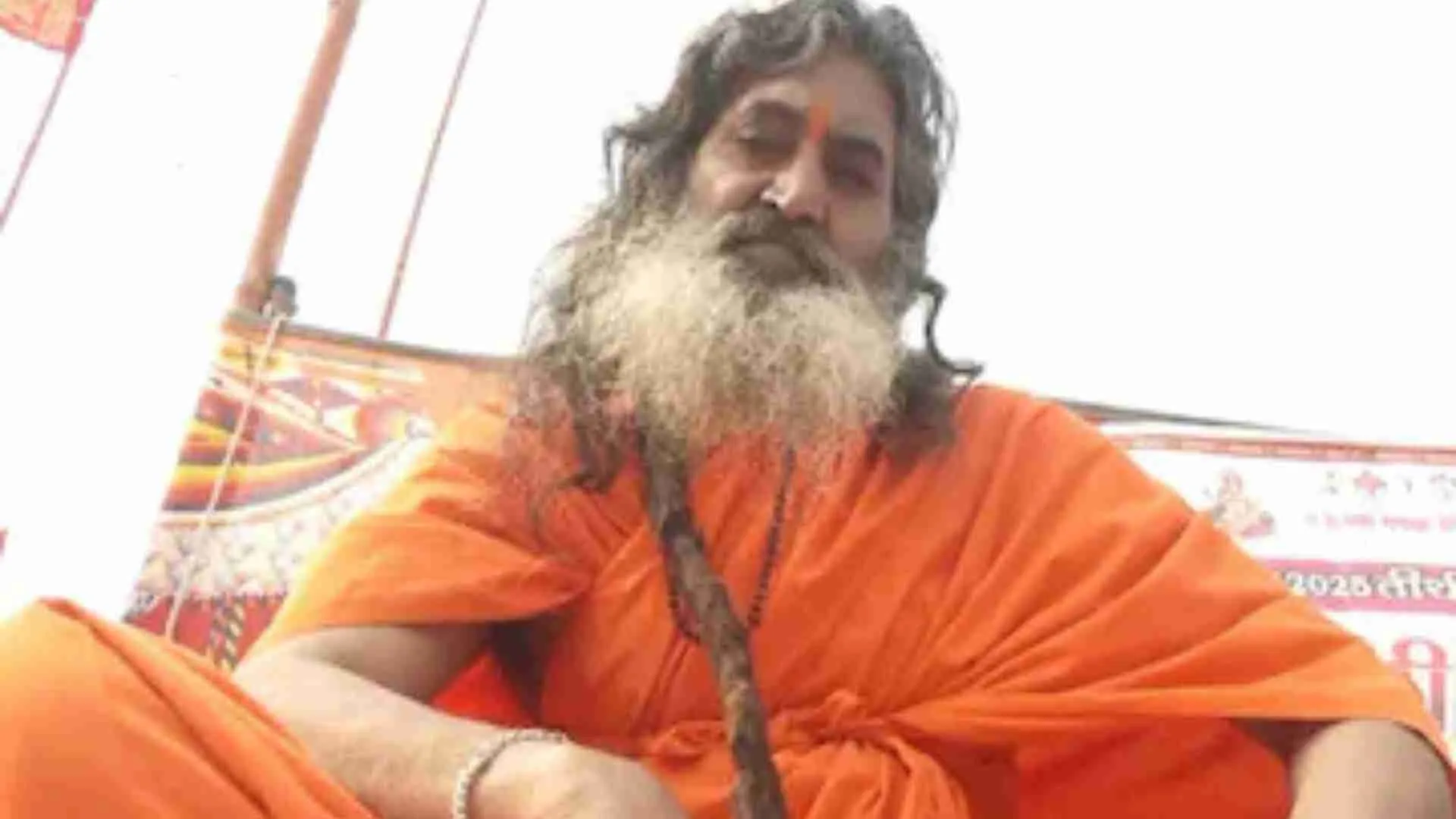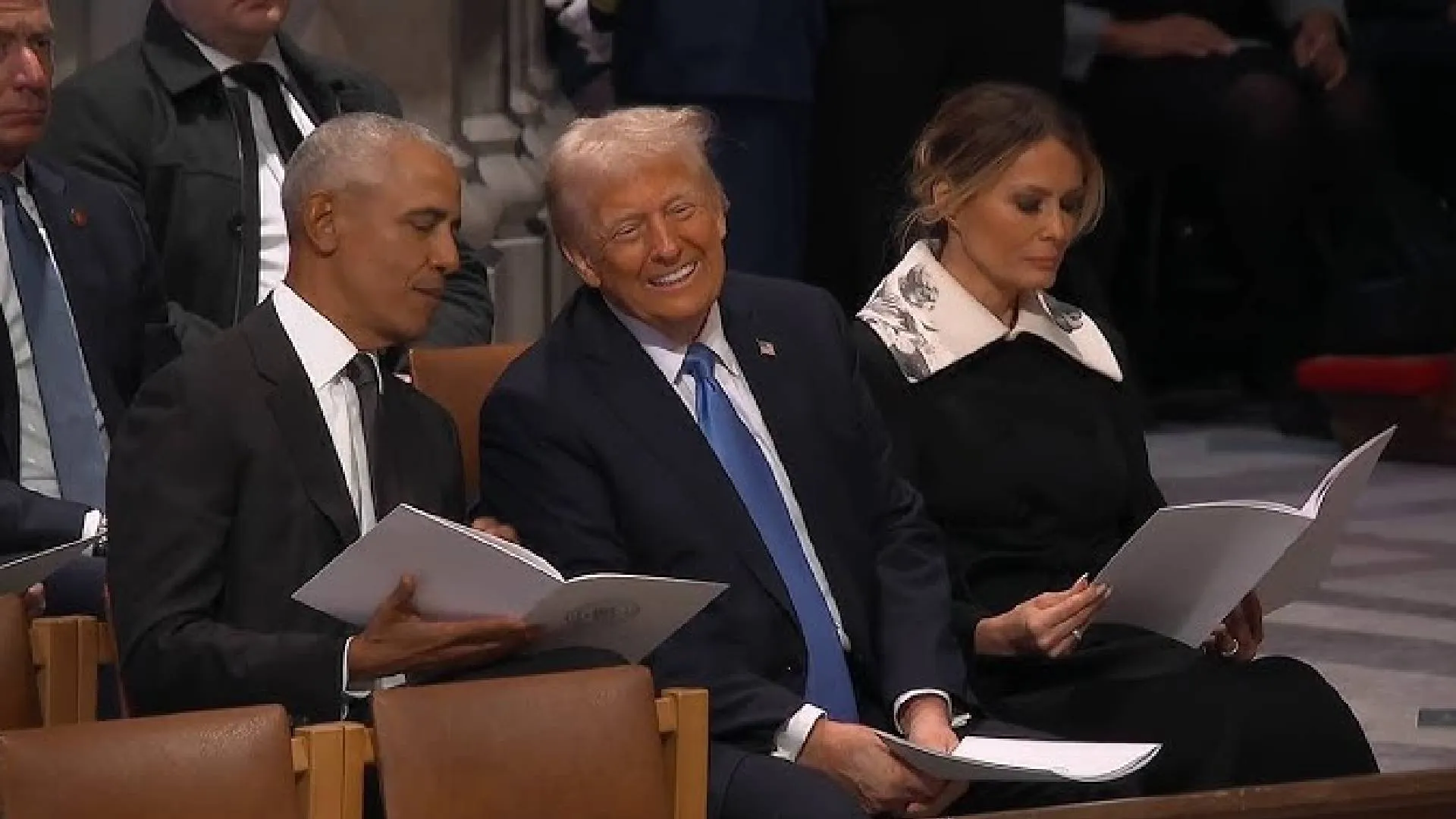The Telangana High Court in the case The State of Telangana versus Dasari Murali observed and has made it clear that a married woman wilfully cohabiting with another man cannot prosecute him for Rape, of man refusing to marry her.
The bench comprising of Justice K. Surender observed that when there is a subsisting marriage, the question of respondent or accused marrying P.W.1 would not arise for the reason of such marriage being an offence punishable for bigamy and invalid…The physical relation amongst P.W.1 and the respondent or accused being one of consent and the question of rape does not arise.
It was observed that the court was hearing an appeal challenging the Respondent’s acquittal for offences under Section 417, 376 and 506 of Indian Penal Code, 1860 for Trial of Cases relating to Atrocities Against Women by the Special Sessions Judge.
In the present case, the case of the prosecution was that the defacto complainant/P.W.1 was married to one Nagaraju seven years prior to the complaint. Therefore, after one year they got separated before the village elders due to marital discord. After Eight months prior to the complaint, she got acquainted with the respondent and developed physical intimacy on the belief that he would marry her. P.W.1 also provided Rs.10,000/- to the respondent or accused. Further, She was carrying 4th month pregnancy and when asked to marry, the accused or respondent refused for the same and for which reason, the complaint is filled.
It was submitted by the Public Prosecutor that the Sessions Court committed an error in ordering acquittal of the respondent or accused when there is a substantive and convincing evidence to convict the accused for the offence of cheating Pw1 on the promise of marriage.
On the following grounds, the acquittal by session judge was granted:
The marriage with the husband of P.W.1 was not terminated under law, and the marriage was existing.
however, accused case is that since she was already married, the accused did not dispute acquaintance with PW1 and it was informed by him that he would marry P.W.1 when from her husband she gets a valid divorce.
It would not attract an offence of cheating, the breach of promise by the respondent/accused subsequently not marrying P.W.1 in the back ground of P.W.1 not been divorced.
It was noted by the High Court that the marriage of P.W.1 with her husband did not terminate either by way of any order of the Court or by way of any custom prevailing in their community. However, the question of respondent marrying P.W.1, whose marriage was subsisting, does not arise and It is for the prosecution to prove that there is any accepted custom of P.W.1 to say that such information to elders in their community would suffice to say that is a valid divorce in the community.
Accordingly, the appeal was dismissed.























